June 6, 2025 | 09:18 GMT +7
June 6, 2025 | 09:18 GMT +7
Hotline: 0913.378.918
June 6, 2025 | 09:18 GMT +7
Hotline: 0913.378.918
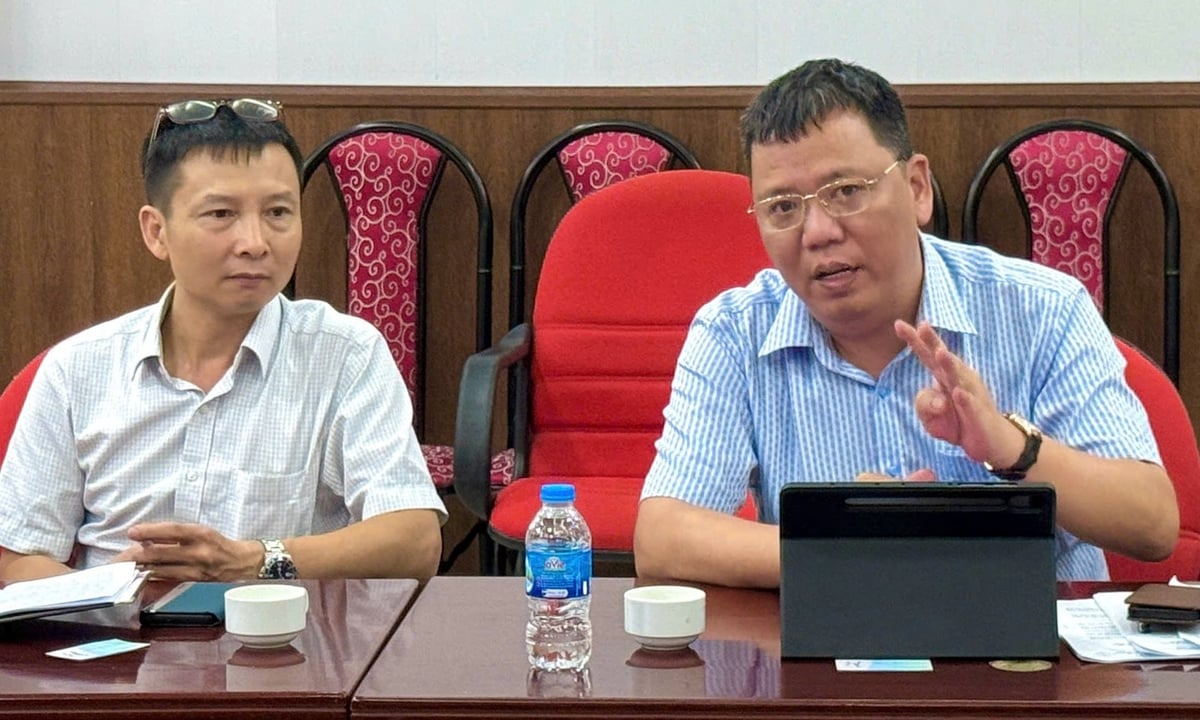
Dr. Ngo Xuan Nam (right): “Vietnam has never stood on the sidelines of SPS commitments.” Photo: Vietnam SPS.
A container of rambutans was rejected for failing to meet hot steam treatment procedures. A shipment of blueberries was delayed at customs clearance simply because the paperwork was not in the correct format. Incidents like these not only cause businesses to lose orders but also highlight the need for stronger collaboration among regulatory authorities.
And on the second floor of an old building on Nguyen Cong Hoan Street, representatives from technical agencies of Vietnam and the United States are working to find a solution.
At 5:00 p.m., Dr. Ngo Xuan Nam, Deputy Director of the Vietnam SPS, was still diligently updating every line of notification about SPS changes from nearly 200 WTO members. Sitting next to him, Mr. Dean Smith, an expert in agriculture and economic growth from the U.S. organization Partners of the Americas, could not help but be impressed: “We were right to knock on this office first when we arrived in Vietnam.”
SPS is a technical control tool operated by multiple U.S. agencies, such as the FDA, APHIS, and NOAA, to protect public health. This system functions on principles of transparency, scientific evidence, and non-discrimination.
Understanding and complying with SPS regulations is a prerequisite for businesses to access the U.S. market.
In the context of Vietnam and the United States aiming for balanced and sustainable trade, SPS is considered a key factor in helping businesses from both countries seize opportunities and expand trade. The goal is to minimize technical incidents that could negatively affect bilateral trade relations.
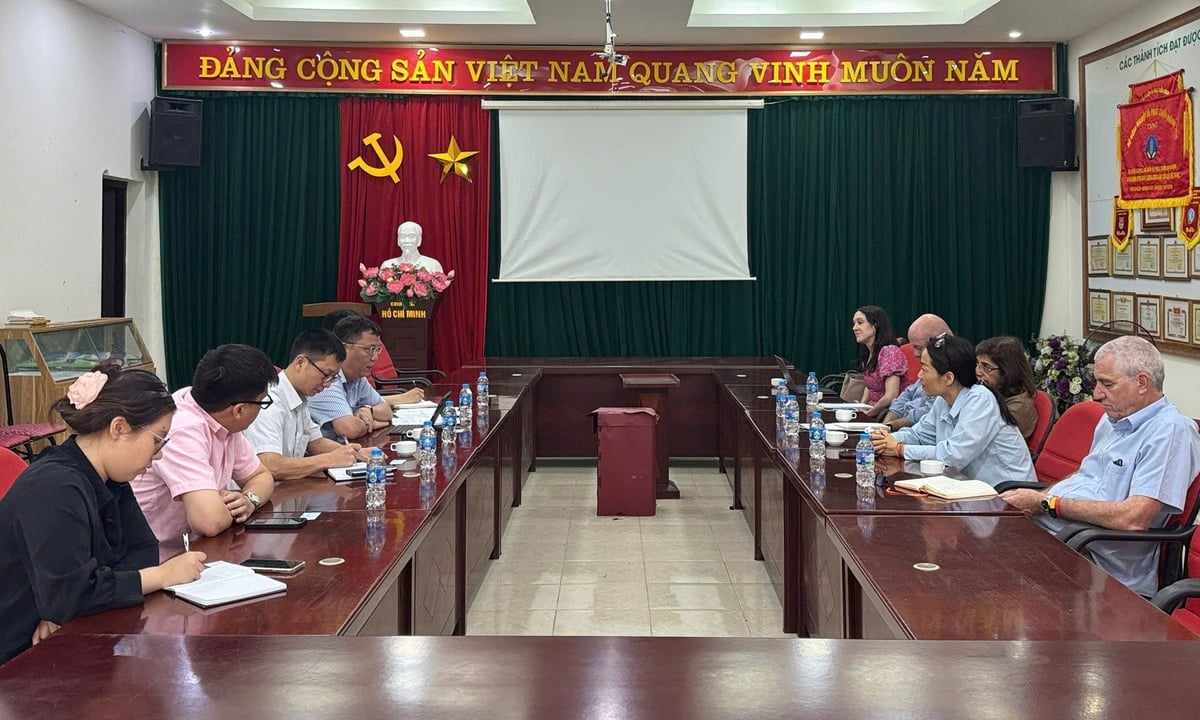
The working session took place in an open and straightforward atmosphere. Photo: Vietnam SPS.
The meeting between the Vietnam SPS and Partners of the Americas, therefore, begins with straightforward questions: How does Vietnam control pesticide residues? Who holds final responsibility for technical documentation? How often is information on growing areas updated?
Mr. Ngo Xuan Nam does not beat around the bush and emphasizes that Vietnam has never stood outside SPS commitments. Since joining the WTO, Vietnam has seriously implemented the SPS Agreement and proactively incorporated SPS commitments into a series of bilateral and multilateral trade agreements.
Vietnam is gradually asserting a proactive role in the formulation and negotiation of SPS commitments at the regional level, going beyond merely following guidelines.
The transparency of SPS regulations and support for businesses, especially small and medium-sized enterprises, will determine the success or failure of a sustainable export strategy. According to Mr. Nam, to export effectively, businesses need to thoroughly understand the technical requirements of each market. Support for businesses, particularly SMEs, needs to be specified through clear, understandable, and applicable guidance.
After years of working with foreign quarantine agencies, Mr. Nam has observed a reality: importing markets do not evaluate individual products but assess the control capacity of entire industries. A single violation can trigger increased inspections across the entire sector. If businesses do not receive technical support and coordination from regulatory agencies, their ability to meet technical requirements will be limited, increasing the risk of shipment rejection.
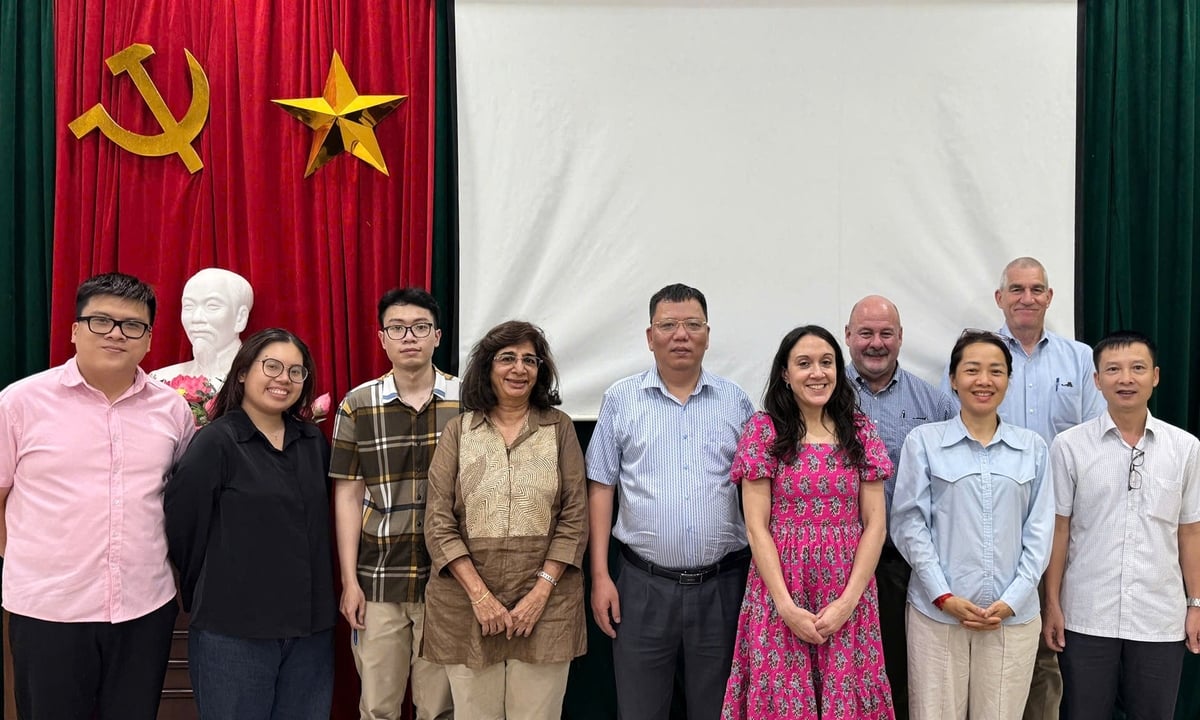
Both sides took a commemorative photo and pledged to strengthen cooperation in the coming period. Photo: Vietnam SPS.
Mr. Nam believes that the international market does not accept weakness in technical capacity. Therefore, Vietnam needs to proactively strengthen its management and monitoring systems instead of relying on administrative measures. The Vietnam SPS is implementing several practical initiatives, such as internal bulletins, regulation dissemination, and training for local officials to enhance technical response capabilities.
Success does not come from signing more memorandums of understanding, but from concrete implementation capacities such as managing growing area codes, monitoring residues, and updating information on time. On the other hand, Mr. Nam also points out that many localities still carry out SPS tasks inconsistently. In some places, review processes are only initiated when inspection teams arrive. A case where a unit fails to register a growing area code properly can lead to the entire shipment being returned. In such instances, businesses are often blamed, even though the fault may lie in the lack of coordination at the grassroots level.
The working session on the afternoon of June 4 took place in an open and constructive atmosphere, building sustainable trust with partners in enhancing SPS cooperation. The two sides already have a foundation for collaboration and now need to move to an upgraded phase. When asked for proposals, Mr. Nam did not mention incentives but suggested jointly piloting a mutual recognition mechanism for certain stages of the quarantine process, based on actual inspections and risk analysis.
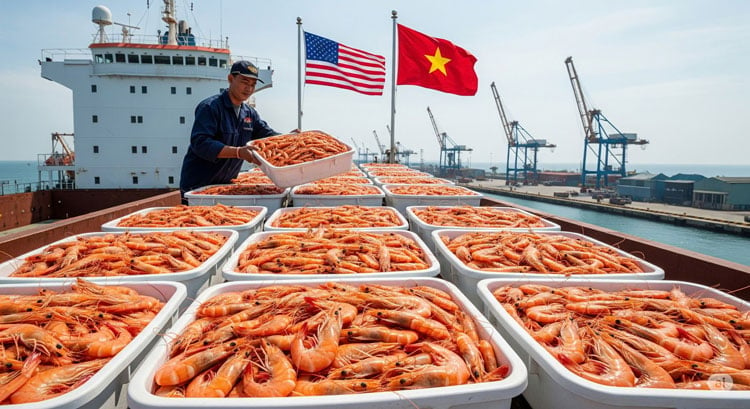
Vietnam–U.S. trade is expected to make new progress following Minister Do Duc Duy’s official visit.
SPS is an important part of the strategy to improve production quality and integrate into the global market. Meeting technical standards reflects the governance capacity of a country.
Each export shipment must be tightly controlled from production to export procedures to ensure transparency and technical competence of the exporting country.
Across the Pacific, Minister Do Duc Duy and his delegation were working hard to open market doors for Vietnamese agricultural products through high-level dialogue and policy diplomacy. On this side, right in Hanoi, U.S. technical agencies were actively working with the Vietnam SPS to establish a broader cooperation mechanism.
On 5 June, another U.S. organization continued to work with the Vietnam SPS to share more information about the “Food for Progress” Program, which supports developing countries and emerging economies in modernizing and advancing their agricultural sectors. The trade relationship between Vietnam and the United States is shifting into a phase of equal partnership, where both parties adhere to and respect technical standards as a foundation for long-term trade development.
Translated by Huong Giang
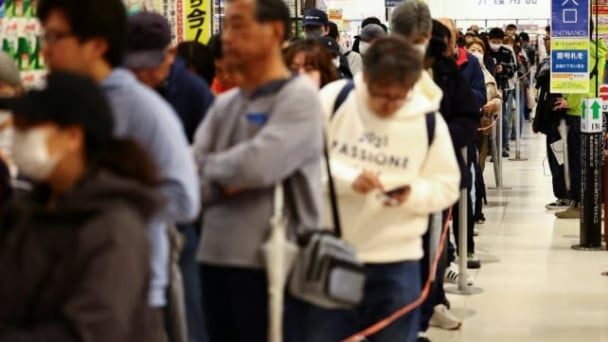
(VAN) Stores have started selling rice from the government’s stockpile to feed demand for the staple.
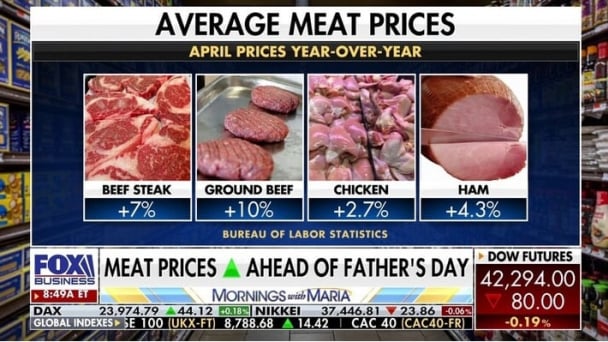
(VAN) Omaha Steaks CEO says rebuilding cattle herds will take about a year to ease price pressures.
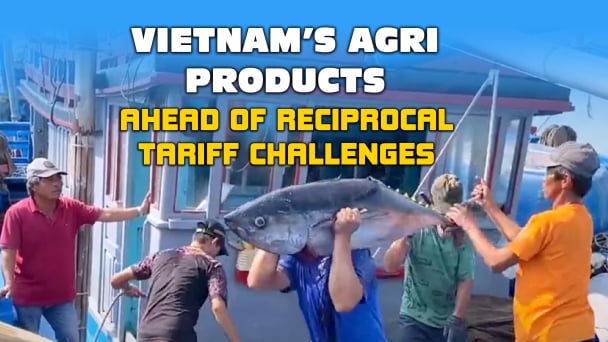
(VAN) Reciprocal tariffs and recent NOAA rulings are presenting substantial obstacles for Vietnamese tuna exporters in the U.S. market. As a result, the industry is actively seeking alternative export destinations.
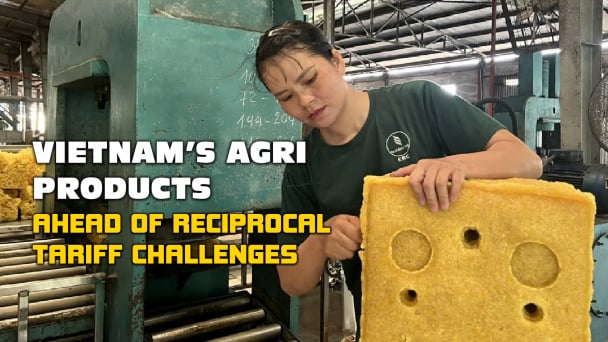
(VAN) Although the U.S. holds a small share of Vietnam’s rubber exports, newly imposed reciprocal tariffs are expected to impact the sector. Vietnamese enterprises must optimize the use of significant markets and free trade agreements.
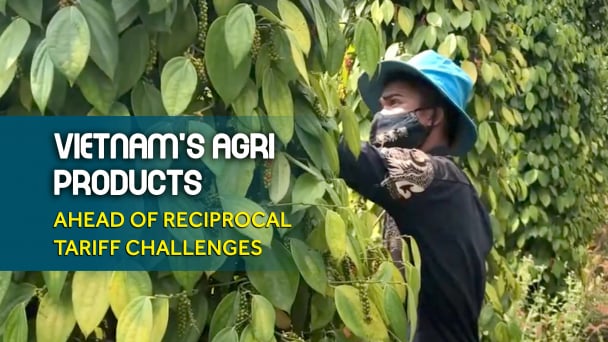
(VAN) Vietnam's pepper industry is looking forward to the final tariff decision in order to sustain its robust presence in the United States, the country's biggest pepper market.

(VAN) The U.S. is the largest market for Vietnamese cashew nuts. However, when exports to the U.S. encounter difficulties due to reciprocal tariffs, Vietnamese cashews still have many other potential markets.